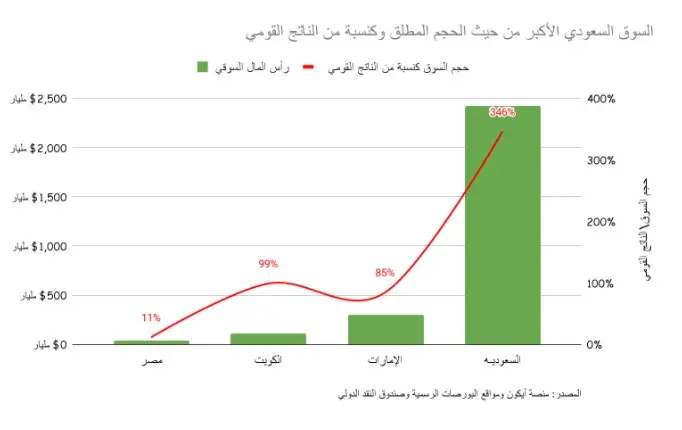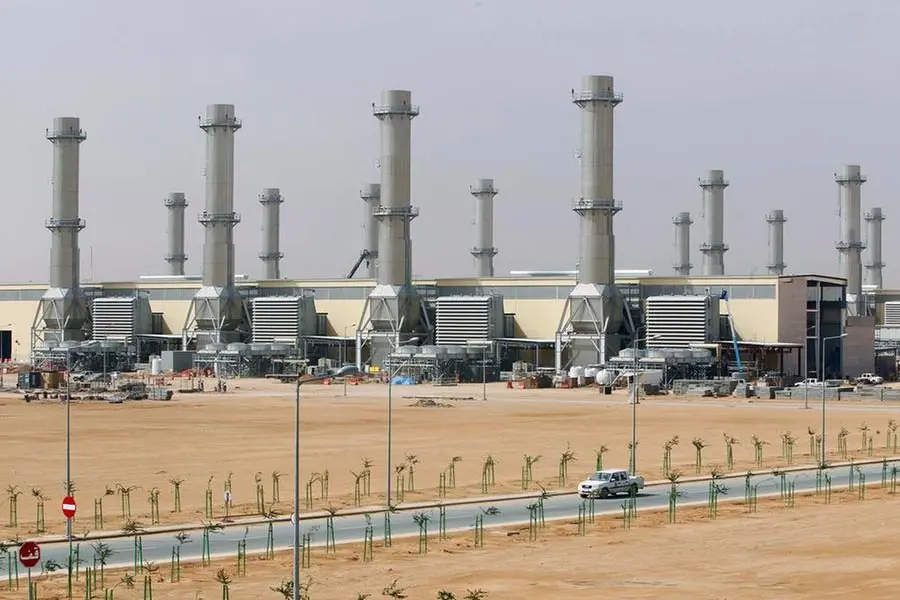PHOTO
RIYADH — Saudi Arabia’s energy sector will witness an era of high-speed digital transformation as investment of US $90 billion fast-tracks its Vision 2030 sustainability, R&D and manufacturing aims, according to a leading data and cable solutions distributor.
Speaking ahead of the Middle East Electricity Saudi exhibition and conference, which runs on Nov. 19 - 21 at Riyadh International Convention Centre, Yanni Sotiry, Business Head of Setra-Belden, said the sector is witnessing unprecedented change.
“Our focus on energy efficiency, coupled with the unpredictable nature of green power generation, means that today’s producers need seamless, high-speed data flow and accurate monitoring and control like never before,” he said.
Setra-Belden is planning to launch new products at Middle East Electricity Saudi to meet demand for high signal availability that delivers maximum uptime, secure communications, and leading-edge, standards-based products for optimal signal performance and reliability, even in the harshest environments.
“With the support of its Ministry of Energy, Industry and Mineral Resources, Saudi Arabia has set an initial target of generating 9.5 gigawatts of renewable energy and will also seek to localize a significant portion of the renewable energy value chain in the Saudi economy, including R&D and manufacturing. The launch of the King Salman Renewable Energy Centre will encourage private-public partnerships and over the next five years Saudi Arabia will be investing more than $90 billion in this sector,” added Sotiry.
While evolving customer demands and accelerating technological innovations will change the way the world buys, sells and regulates electricity, the sector will be challenged by the very pace of the transformation, according to Sotiry.
“With the rapid changes in technologies it becomes very difficult for organizations to adapt to this trend. In the energy sector, it’s not just a change that organizations must prepare for – it’s the speed of change,” he said.
However, there remains conflicting views on this matter, other sector leaders believe the pace needs to be stepped up in some segments.
Ahmad Ghaddar, Saudi Arabia Operation Manager of Ghaddar Machinery, a power control and automation solutions supplier, said renewables requires an injection of speed.
“Saudi Arabia has taken positive steps towards adopting alternative energy. However, this transition needs to be accelerated and needs to reach various market segments - from mega projects to small residential projects,” said Ghaddar.
Others predict the transformation needs to be felt across the entire industry eco-chain.
Eng. Abdulhadi Abukhair, Group President & CEO of the Saudi Cable Company, explained change must also address inherent obstacles within the industry.
“There is a challenge with funds and financing. We need to work towards reducing the cash cycle and ensuring we are securing contractor payments in a timely manner. There is also more competition from international brands as products are imported with different specifications. This needs to be standardized and meet with local requirements,” said Abukhair.
A top-to-bottom approach to digitalization, including investment and application of smart grids, is to be explored in the three-day Middle East Electricity Saudi conference which has attracted high-level speakers including those from Sabic, Apicorp, Siemens, JinkoSolar Al Fanar and more. The event, which incorporates Renewable Energy Arabia has the support of King Abdullah City for Atomic and Renewable Energy (KACARE), Saudi Arabian Standards Organization (SASO), Riyadh Chamber of Commerce & Industry and many others.
The second annual exhibition and conference arrive as the Saudi Electricity Company is implementing a number of initiatives and investment opportunities in the power sector, rehabilitating local manufacturers and suppliers, as well as attracting foreign companies and factories to transform the Kingdom into a regional center for the electricity industry.
Consequently, more than two thirds of electricity generation assets will be privatized to enhance private sector contribution in the electricity sector, in line with the objectives of the National Transformation Program 2020.























